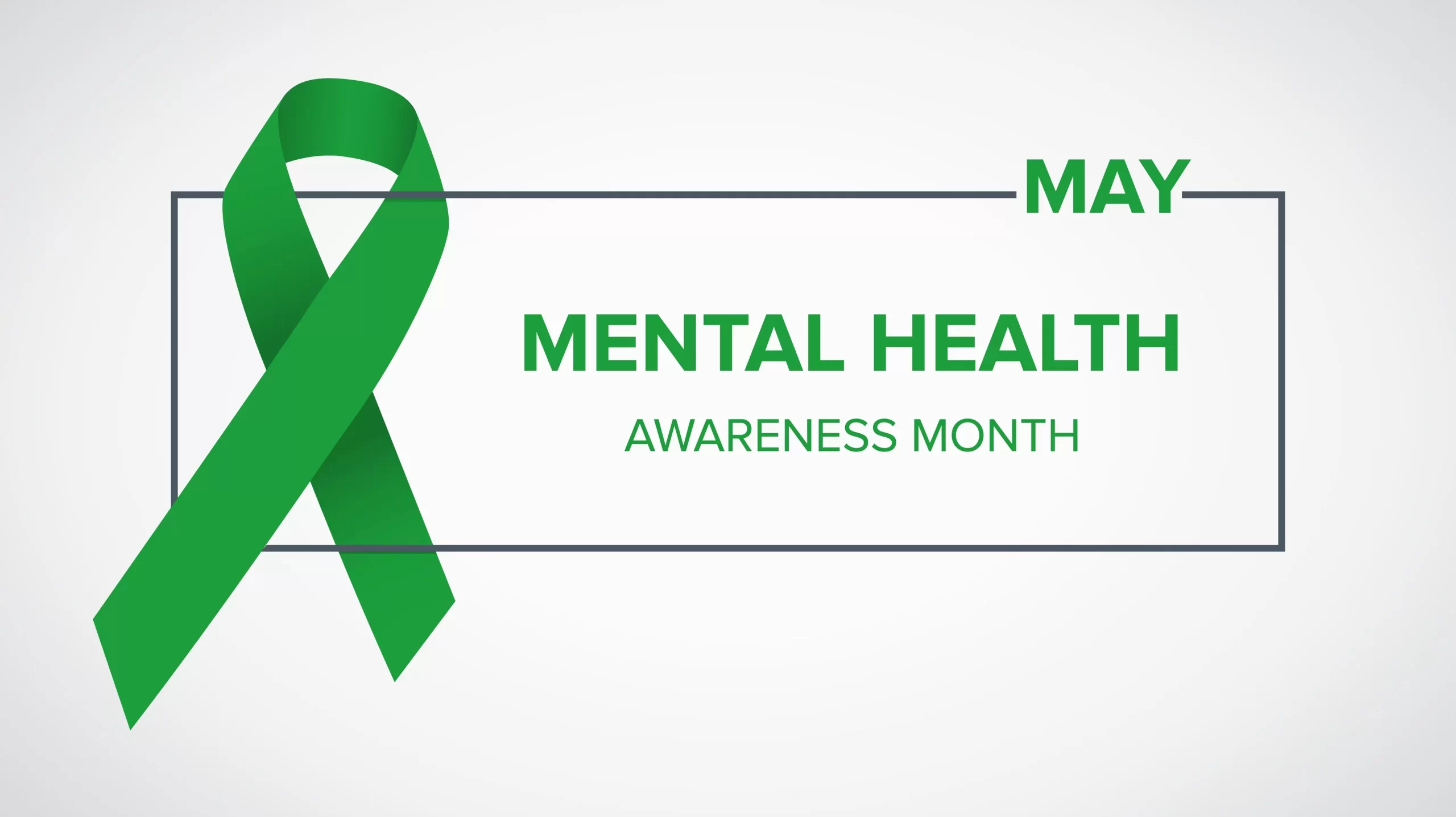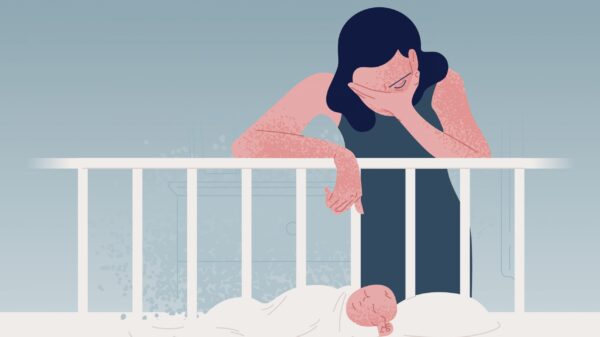|
Getting your Trinity Audio player ready...
|
May is Mental Health Awareness Month, and the single most impactful thing we can do to improve mental health for Alabamians is close the health care coverage gap.
As a former president of the Alabama chapter of the National Alliance for Mental Illness, I cannot help but be passionate about the importance of mental health care on both an individual and community level. I’ve seen all too often how mental illness divides families, threatens public safety and depletes health care resources.
When we dramatically reduced mental health hospital beds years ago, we failed to build a solid community mental health care system that is properly staffed and funded. So we find ourselves constantly trying to treat mental health crises much like Lucy and Ethel tried in vain to keep up with the chocolate line by eating the candy or stuffing it in their mouths.
Preventive care and treatment can keep mental health crises at bay, but unfortunately, it is almost impossible for our fellow citizens in the coverage gap to access this kind of mental health care. Instead, their conditions worsen until they end up in the emergency room or the back of a police car. Both of these outcomes are not only devastating to the individual and their loved ones, but they also put a strain on our public safety and health care systems at a far greater cost.
The repercussions of neglecting mental health care are profound and far-reaching, affecting more than just the one in five Alabamians who live with mental illness. Families grappling with a loved one’s mental health crisis experience turmoil akin to that of families facing a life-threatening physical illness. Yet, while we readily invest in treating things like cancer and heart disease, we too often turn a blind eye to the needs of those battling mental health disorders and spend more money trying to stem the tide.
The lack of urgency around mental illness leads to severe consequences. Individuals awaiting treatment often endure excruciating delays, with some waiting six to 10 weeks or more for a bed in a mental health facility. This stark disparity underscores the urgent need for health care expansion in our state. Doing nothing is morally unacceptable.
We need more coverage and better care for Alabamians with mental health conditions, especially in rural areas. Medicaid expansion would allow more people with mental health conditions to access the vital care they need. As it stands, Alabama’s mental health care and substance use treatment providers deliver nearly $50 million worth of uncompensated services each year. Closing the coverage gap could drastically reduce this amount and allow more mental health services to be provided to people in need.
Mental health is not a partisan issue; it’s a human issue. By expanding health care access and increasing funding for mental health services, we insure not just the nearly 300,000 Alabamians in the coverage gap but also ensure the future of our state. If we do not change course, we cannot hope to address the growing crisis facing our state and steer Alabamians away from hospitalization and incarceration and instead toward fulfilling and productive lives.
It’s time for Alabama policymakers to come together and forge a solution to the state’s mental health crisis. Closing the coverage gap is the straightest and narrowest path toward an Alabama where everyone can be a healthy, contributing Alabamian.



















































